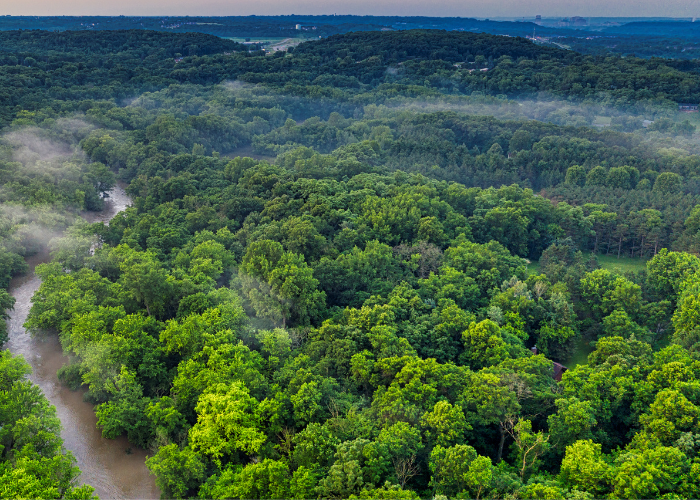EU anti-deforestation policy. What is Italy doing?BY ANTONIO PICASSO
- 26 September 2023
- Posted by: Competere
- Categories: highlights, News, SUSTAINABLE NUTRITION, Sustainable Oils & Fats

The fight against deforestation is a strategic issue for our economy and for the exemplary model that Italian cooperation has so far exported to the world. This is why the Meloni government’s lack of interest is turning out to be a missed opportunity. Let us first frame the phenomenon in the international context. The World Resources Institute’s Outlook 2022 – published just before the summer – notes that the exploitation of primary rainforests is increasing.
THE FIGHT AGAINST DEFORESTATION
On the other hand, with the entry into force of the European Deforestation-free products Regulation (Eudr), the European Union makes it clear that trade between our agro-processing industry and raw material producing countries must henceforth be conducted even more rigorously in terms of controls and certifications. With the Eudr, Brussels’ priority becomes ‘to reduce the Union’s consumption footprint on the soil and to encourage the consumption of products from supply chains that do not contribute to deforestation’. The commodities covered by the regulation are cattle, cocoa, coffee, oil palm, soya and timber. These commodities are strategic for the continent’s agri-food supply chain: they are worth around EUR 1 trillion.
GIVING UP IS NOT AN OPTION
Giving up these imported products is not an option. Coffee or cocoa cannot be grown in Europe. And equally it must be clear that the producing countries themselves are already often in line with EU directives. Going back to the Wri, in fact, the palm oil supply chain certified as sustainable goes against the global emergency. Indonesia, Malaysia, Colombia and Guatemala, the global market leaders, have encouraged the adoption of anti-deforestation policies, embracing sustainability as a challenge to introduce technological innovations and allocate pro-environmental investments.
BUT WHAT IS ITALY DOING?
However, the question now arises as to how Italy intends to put Eudr into practice. For the Meloni government, Italian-made agrifood is a feather in the cap of our economy. The fact, however, is that it is still unclear which ministry should take charge of implementing the EU regulation and this leaves a dangerous legislative vacuum for our companies. Is it the Ministry of Agriculture, which has jurisdiction over forests, or the Ministry of the Environment that should issue the relevant implementing decrees?
For our European partners, who are also competitors, sustainability is a factor in free competition. The technological innovation of our companies would allow a greater presence of Made in Italy even in weaker markets. It is a pity that the disinterest of politics risks making us miss an empty goal.
